Understanding Your Thyroid: Symptoms, Simple Diagnosis, & Expert Care
A simple guide to mastering your tiny but mighty thyroid gland and achieving better health.

The Overview: Your Thyroid is the Master Regulator
The thyroid gland, shaped like a small butterfly at the base of your neck, creates hormones that manage your body's metabolism. Think of it as the volume dial for your body's energy. If it makes too much or too little hormone, the dial is turned too high or too low, causing a range of confusing symptoms. Thyroid disorders are common, but thankfully, they are also highly treatable with expert medical guidance.
What Causes Thyroid Problems?
-
Autoimmune Diseases: The most frequent cause, where the immune system attacks the gland. This includes:
- Hashimoto's Thyroiditis (causes Hypothyroidism - low function).
- Graves' Disease (causes Hyperthyroidism - high function).
- Iodine Imbalance: Both deficiency and excessive iodine intake can disrupt hormone production.
- Thyroid Nodules: Lumps that can sometimes become overactive, leading to Hyperthyroidism.
- Post-Treatment Effects: Side effects from certain medical treatments or medications.
Spotting the Signs: Hypothyroidism vs. Hyperthyroidism
Symptoms often feel vague, making a simple blood test the key to diagnosis.

🐌 Hypothyroidism (Slow Metabolism)
- ✓ Constant fatigue and low energy levels.
- ✓ Unexplained weight gain.
- ✓ High sensitivity to cold.
- ✓ Dry skin, thinning hair, and brittle nails.
- ✓ Mental sluggishness or "brain fog."
⚡ Hyperthyroidism (Fast Metabolism)
- ✓ Unexplained weight loss.
- ✓ Nervousness, anxiety, and panic attacks.
- ✓ Fast or irregular heartbeat (palpitations).
- ✓ Excessive sweating and heat intolerance.
- ✓ Hand tremors or muscle weakness.
The Core Difference:
Hypo- means **too little** hormone, slowing everything down. Hyper- means **too much** hormone, speeding everything up.
Simple Diagnosis: Tests and Investigations
Diagnosing a thyroid disorder usually starts with a simple blood test, followed by imaging if necessary.
🩸 Blood Tests
The most definitive first step.
- TSH: High TSH often means Hypothyroidism; low TSH often means Hyperthyroidism.
- Free T3 and Free T4: Measures the actual active hormones circulating.
- Antibody Tests: Identifies if your condition is autoimmune (e.g., anti-TPO).
🔬 Imaging and Biopsy
Used if nodules or structural changes are suspected.
- Thyroid Ultrasound: Non-invasive scan to check size and presence of nodules.
- FNAC (Biopsy): Samples cells from a nodule to check for cancer.
- Radioactive Iodine Scan: Determines if the gland is overactive or underactive.
Effective Treatment Options
Hypothyroidism Management
The primary treatment is simple and highly effective: Hormone Replacement Therapy. Patients take a daily, standardized dose of synthetic T4 hormone to restore normal metabolic function, eliminating symptoms and ensuring long-term health stability.
Hyperthyroidism Management
Treatment focuses on reducing hormone output:
- Anti-thyroid medications (e.g., Methimazole).
- Radioactive Iodine Therapy (A non-surgical, curative option).
When is Thyroid Surgery (Thyroidectomy) Required?
- Thyroid Cancer: Necessary to remove cancerous tissue.
- Large Goiter: When the enlarged gland causes significant problems with breathing or swallowing.
- Severe Hyperthyroidism: As a permanent solution when other therapies are unsuitable or have failed.
About Shri Tirupati Hospital
Shri Tirupati Hospital is a multi-specialty healthcare centre in Ghaziabad known for compassionate care, skilled doctors, and 24x7 emergency services. Included in the prestigious list of top 10 hospitals in Ghaziabad, we are committed to being your trusted partner in health for over 34 years. Our commitment is to provide personalized health advice, advanced diagnosis, and effective treatment in a caring environment.
Don't Wait. Secure Your Expert Thyroid Diagnosis Today.
Early diagnosis is the fastest path to feeling better. Contact our specialist team now.
Serving residents across Ghaziabad, Delhi NCR, and surrounding areas.
Top Thyroid Specialist in Ghaziabad
Thyroid Doctor near Delhi
Thyroid Treatment in Noida and Greater Noida
Specialist in Indirapuram and Vaishali
Thyroid Screening in Crossing Republic
Thyroid Surgeons in Raj Nagar Extension
Frequently Asked Questions (FAQ)
The most common causes are autoimmune conditions like Hashimoto's (leading to low function) or Graves' disease (leading to high function). Less common causes include iodine deficiency, thyroid nodules, and certain medications. An endocrinologist can pinpoint the exact cause.
Hypothyroidism (low function) is typically a lifelong condition managed effectively with daily hormone replacement medication, ensuring it is controlled. Hyperthyroidism (high function) can often be permanently cured with surgery or radioactive iodine therapy, depending on the cause and severity.
Diet plays a supporting role. While no diet is a cure, individuals with hypothyroidism should avoid excessive consumption of raw cruciferous vegetables (like cabbage and broccoli) and soy, as they can interfere with hormone absorption. Always take medication on an empty stomach and consult your doctor or a dietitian for personalized advice.
Yes, pregnancy significantly affects thyroid hormone needs. Proper thyroid function is vital for the baby's brain development. Women with pre-existing hypothyroidism usually require an increased dosage of medication during pregnancy, requiring frequent monitoring (often monthly) by an endocrinologist.
A goiter is simply an abnormal enlargement of the thyroid gland. While not all goiters are dangerous, they can indicate an underlying problem (like iodine deficiency, Hashimoto's, or Graves' disease). If the goiter is very large, it can cause difficulty swallowing or breathing and may require surgical removal (thyroidectomy).
Initially, TSH levels are checked every 4 to 8 weeks until they stabilize within the optimal range. Once stable, patients usually require TSH checks once or twice a year. However, if symptoms change or a woman becomes pregnant, testing frequency must increase.
We are partnered with the following providers for hassle-free cashless services.
Aditya Birla Health Insurance
Future Generali Health Insurance
HDFC ERGO Health Insurance
Star Health and Allied Insurance
ICICI Lombard General Insurance
Bajaj Allianz General Insurance
Max Bupa Health Insurance
Religare Health Insurance
Oriental Insurance
National Insurance Co. Ltd.
United India Insurance Co. Ltd.
Reliance General Insurance
Care Health Insurance
For the full, up-to-date list, please confirm with our billing department.

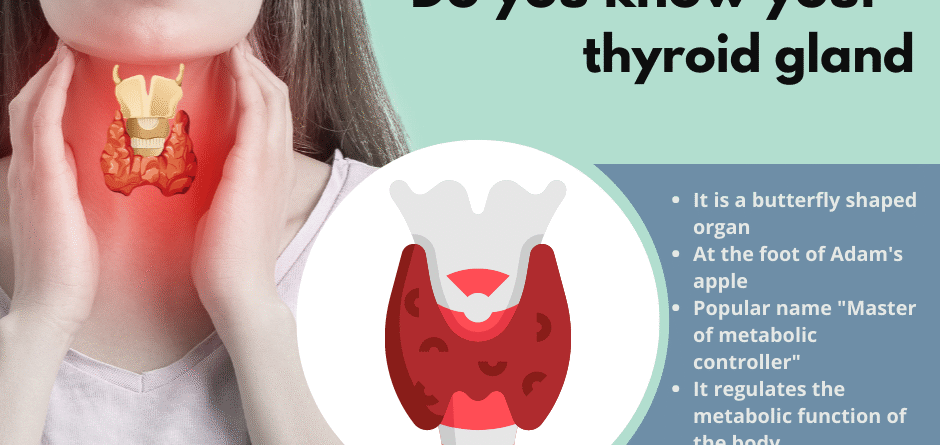

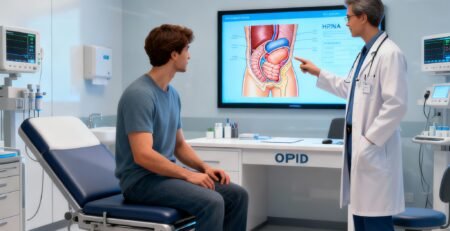
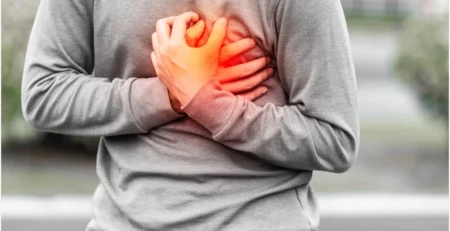
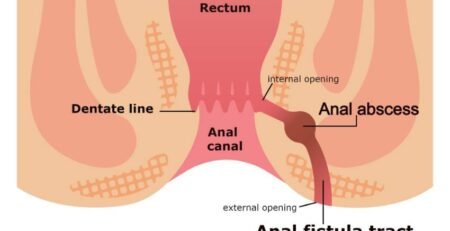
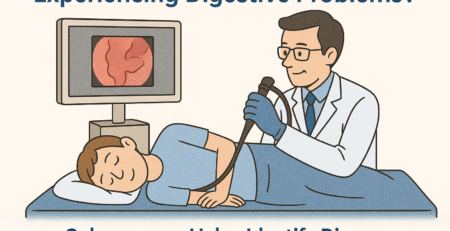
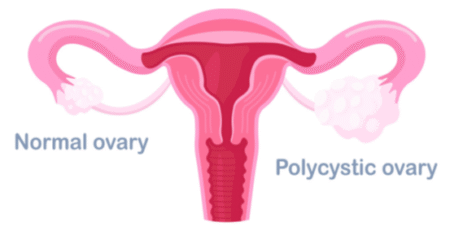
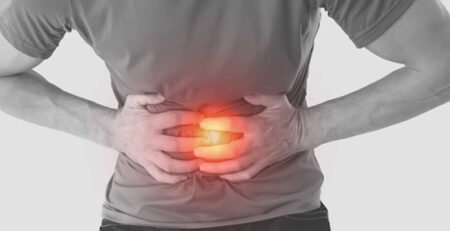
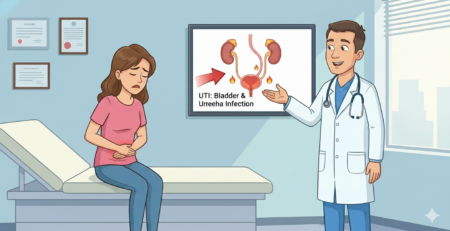
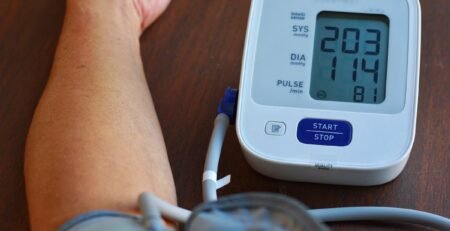
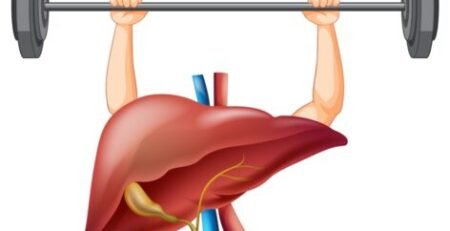
Leave a Reply